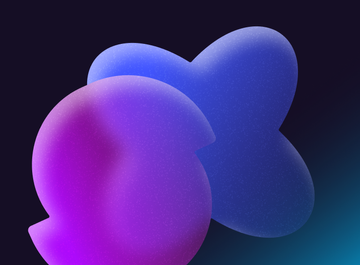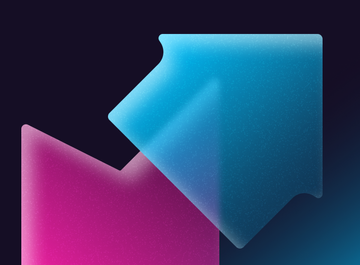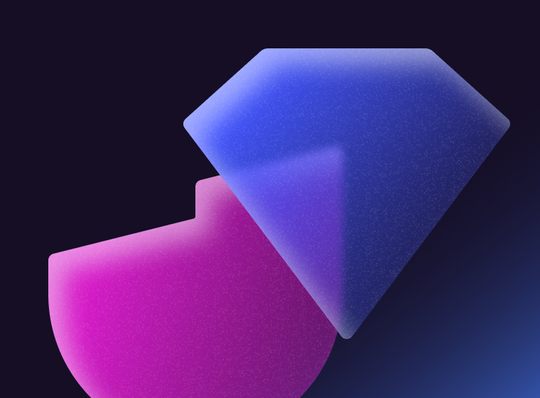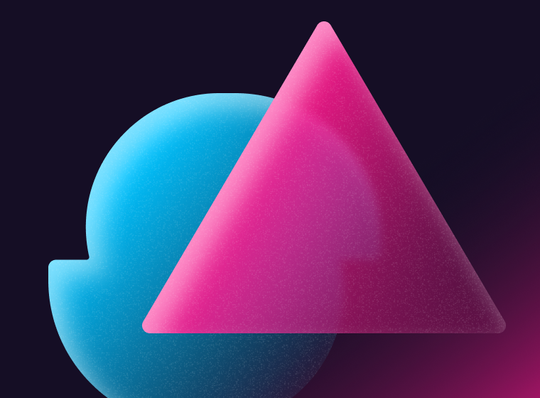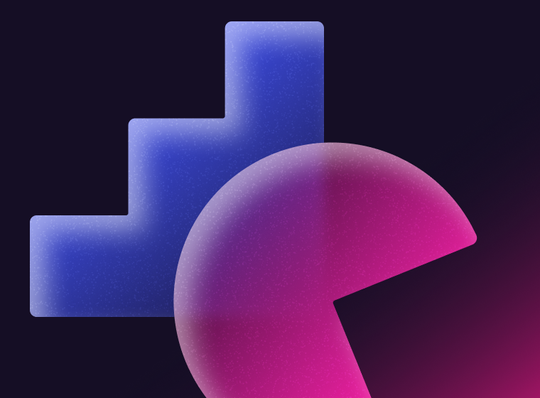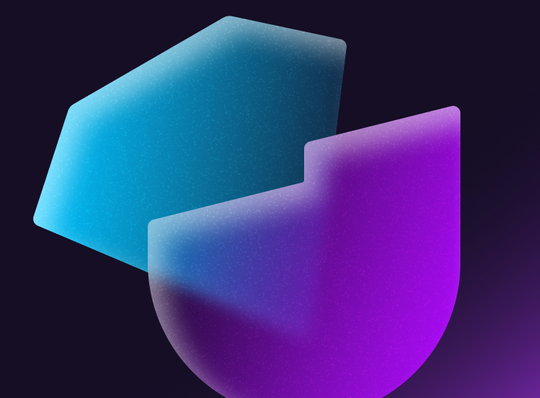Crypto oracles or crypto priests?
BTC was the first popular cryptocurrency, but ETH gave us something called a smart contract. In the blockchain world, smart contracts are a fundamental tool that allow all DeFi operations and enable process automation. However, this technology has a limitation: blockchains are isolated and cannot directly access external data. This is where oracles come in.
Just like in ancient Greece, where oracles were conductors between gods and humans, crypto oracles are a bridge between the blockchain and the external world. They provide smart contracts with access to off-chain data, enabling them to make decisions based on real-world events. Without oracles, blockchains remain closed systems, significantly limiting their potential.
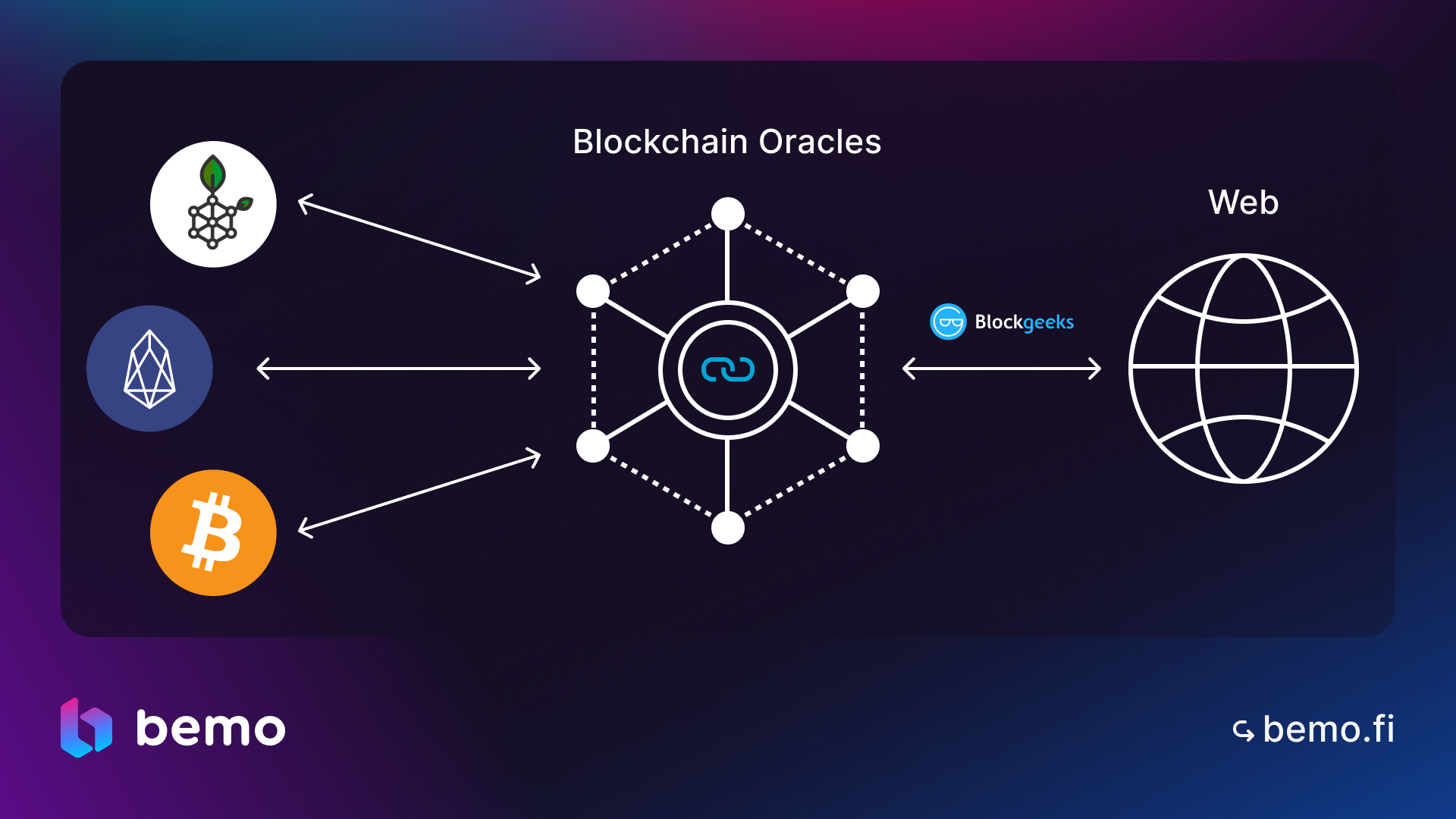
Why do blockchains need oracles?
Imagine you have a smart contract for insurance that should pay compensation if the temperature in a specific location drops below -20°C. How can the blockchain know the weather conditions? It needs an oracle.
Blockchains are reliable and tamper-proof, but this security is achieved by keeping them isolated. They lack built-in tools for interacting with external data, such as commodity prices, sports results, temperature, or exchange rates. Oracles solve this issue by providing the blockchain with reliable real-world data.
How do oracles work?
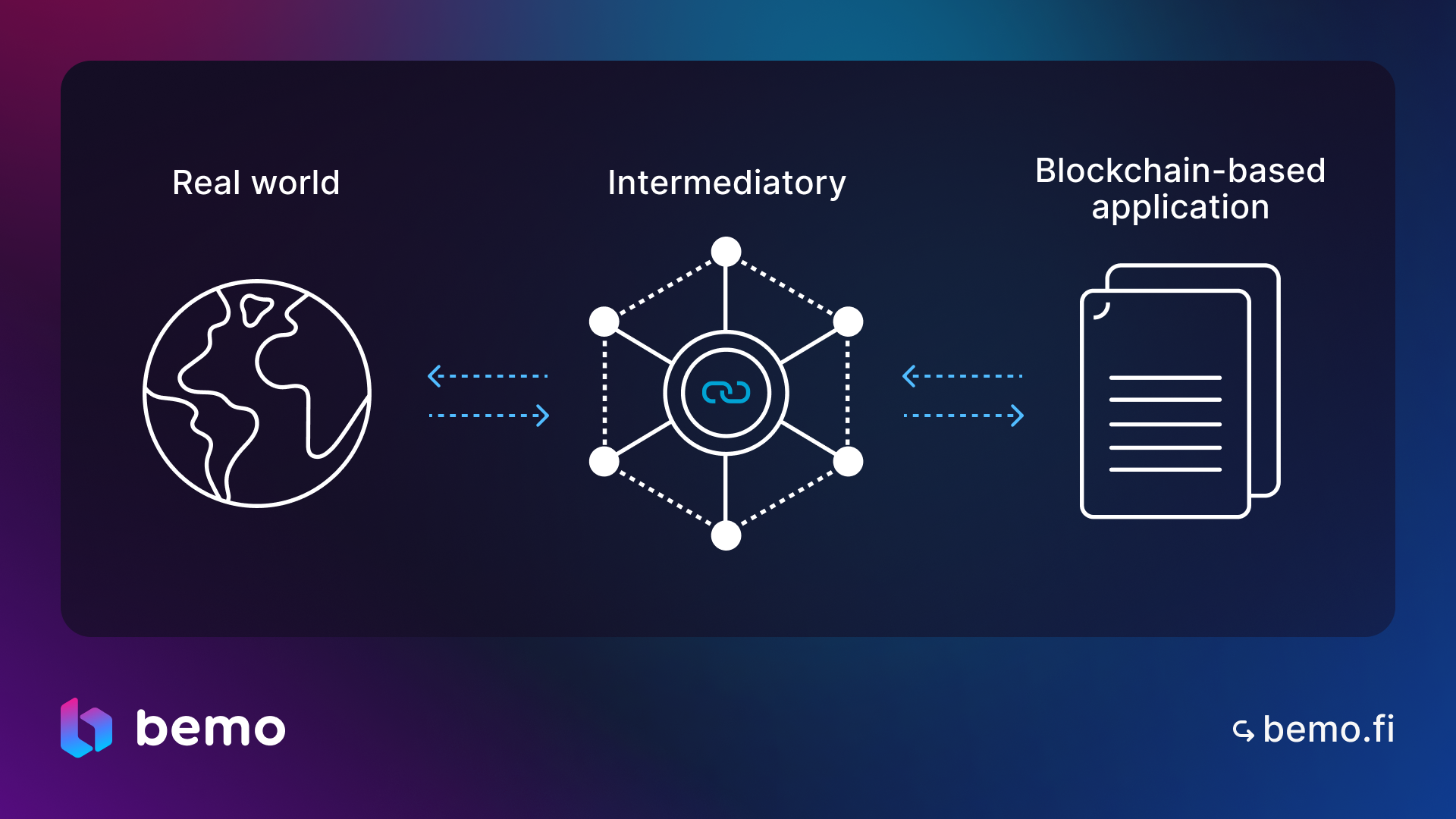
An oracle acts as a mediator between external data sources and the blockchain. Its primary tasks include:
- Data retrieval. The oracle extracts information from APIs, websites, or other sources.
- Data verification. The data is validated to ensure its accuracy.
- Data transmission. The information is sent to the blockchain, where a smart contract uses it.
For example, if a smart contract is designed to trigger a payment based on stock prices, the oracle retrieves the price data from financial APIs, verifies it, and transmits it to the blockchain.
Types of oracles
Oracles vary depending on their functions:
- Inbound Oracles. These oracles deliver data from the external world to the blockchain. For instance, they can provide currency exchange rates, commodity prices, or weather forecasts.
- Outbound Oracles. These oracles send data from the blockchain to external systems. For example, they can notify supply chain management systems about executing a smart contract.
- Cross-Chain Oracles. They transfer data between different blockchains. This is crucial for DeFi protocols operating on multiple blockchains simultaneously.
- Human Oracles: In some cases, individuals provide data as experts. This is useful when subjective evaluation is required.
- Decentralized Oracles. They use multiple data sources and distribute the verification process across many nodes, enhancing reliability.
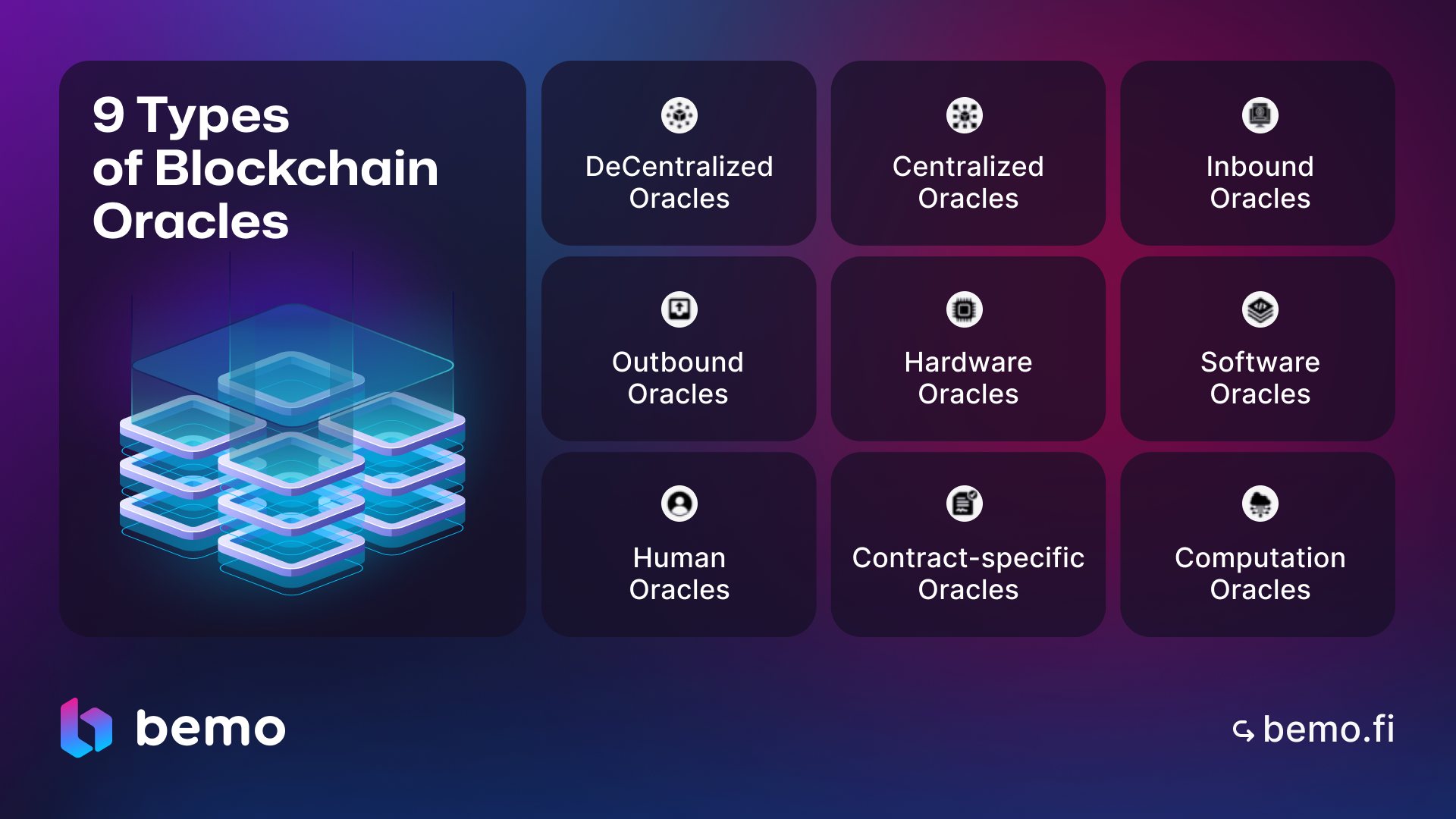
Examples of Oracle applications
- Decentralized Finance (DeFi). Oracles play a key role in DeFi protocols. For example, they provide asset price data for lending platforms and DEXs. Chainlink is one of the most well-known data providers for DeFi.
- Insurance. Oracle-based smart contracts can automatically pay out compensation based on weather conditions or other events. For instance, an insurance payout is triggered if a hurricane is detected.
- Gaming. In gaming applications, oracles integrate real-world events. For example, sports results can influence gameplay mechanics.
- Supply chains. Oracles can track cargo movement and automatically notify the blockchain about deliveries.
- Predictions and betting. Betting platforms use oracles to record the outcomes of events like elections or sports matches.
Challenges and limitations of oracles
Although oracles are a vital component of the blockchain ecosystem, they have their challenges:
- Trust in data sources. If an oracle retrieves data from an unreliable source, it can lead to errors.
- Vulnerability to attacks. Centralized oracles can be targeted for hacking.
- Delays. Sometimes, data updates are delayed, which can be critical for certain applications.
Popular solutions
Among well-known projects providing oracle services are:
- Chainlink. A decentralized oracle network that integrates with multiple blockchains.
- Pyth Network. An oracle system focused on high-speed data delivery for financial markets.
- RedStone. Provides data for DeFi on platforms like TON.
Oracles in TON ecosystem
Currently, TON and bemo.fi are using only two oracles — Pyth network and RedStone. Pyth lets TON interact with on-chain data. RedStone does almost the same thing — provide Oracle data to smart contracts.
But what is the difference between the two of them?
Pyth continuously updates its data at set intervals—some are sponsored by Pyth, while others are determined by the dApp using the feed. RedStone, on the other hand, follows a "request-based" model: price feeds are monitored constantly but are only pushed on-chain when a transaction occurs. When there's no transaction, the data remains stored in an off-chain component.
Think of it like Schrödinger's cat: with Pyth, the cat is checked at regular intervals no matter what. With RedStone, the cat is always monitored, but the box only opens when you actively look inside—meaning the data is verified and pushed on-chain only when needed. (Joke, of course, but it helps explain the difference.)Why do bemo.fi need an Oracle?
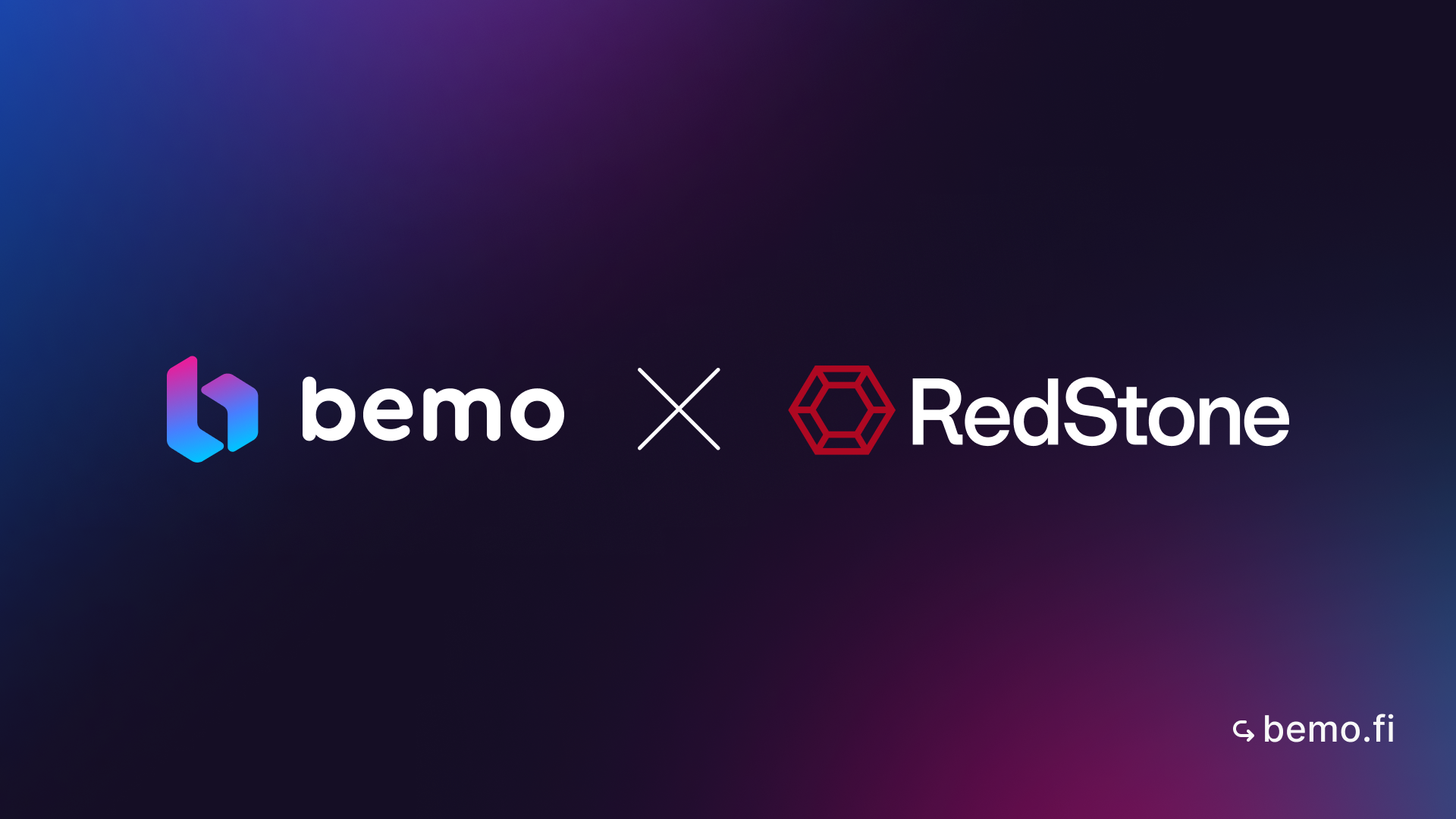
- DeFi Protocol Integration: bemo is a DeFi protocol that needs to integrate seamlessly into other ecosystems. Other protocols should verify bemo's actions using accurate data.
- Liquid Staking Protocol: bemo needs to prove that $stTON is fully backed by the bemo stake pool.
- Full-Value Coins: $stTON is a full-value coin traded and used on other platforms. Oracles help ensure that every DEX and wallet token has the same price, avoiding arbitrage situations.
- Future $BMO Token: The same principles will apply to the upcoming $BMO token.
Conclusion
Oracles are an indispensable tool for implementing complex scenarios using blockchains. They expand the capabilities of smart contracts by connecting them to the real world. Whether it’s DeFi, gaming, or supply chain management, oracles open new horizons for blockchain technology.

